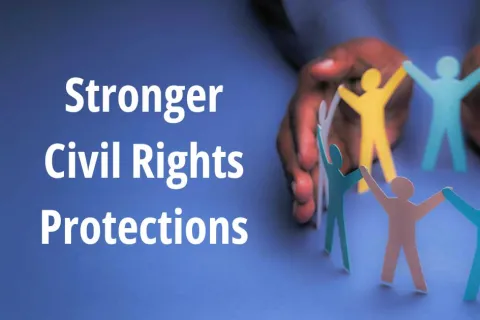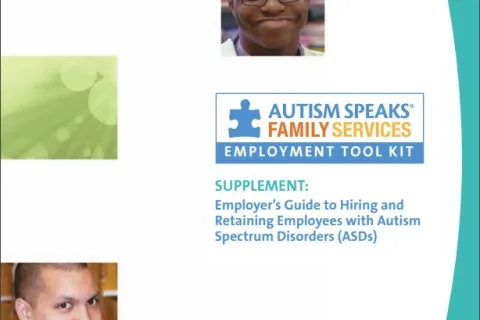To Disclose or Not To Disclose?
Employment Tool Kit
The issue of disclosure (telling someone about your autism or disability) for individuals with obvious disabilities – a person who walks with leg braces or crutches, for instance – is presented immediately upon meeting with a potential employer.
Do I have to disclose my disability?
For people with ASD and other “invisible” disabilities, however, the decision to disclose your diagnosis can be complicated. Many employees with autism fear being judged because the accommodations they need are often related to the “soft skills” on a job site, and are not always easy to see or understand. It’s always a good idea to discuss this decision first with someone you know well and trust (a family member, friend, or support person). There are lots of different pros and cons to disclosure that you will have to weigh. But ultimately, the decision of whether to disclose your diagnosis is entirely up to you.
In general, a good time to disclose a disability might be when you need to ask for a reasonable accommodation. This can be when you know that there is something in the workplace that is preventing you from competing for a job or performing a job well because of your autism. Knowing who the best person to disclose to is also an important decision. If your workplace has a Human Resources (HR) department, that is a good place to start. The employee handbook might also have a section about how to ask for an accommodation. And of course, you could decide that your direct supervisor or manager needs to know about your autism.
Finally, it is important for you to know that you have a right to keep information about your disability private. It is not necessary to tell your co-workers and colleagues about your autism or your need for accommodations. They might become aware of the accommodations you have, if any (like extra breaks or a flexible starting time), but they are not entitled to know why. And your employer is required by law to keep your autism and other medical information confidential.
Resources
- Disclosure Resources from Job Accommodation Network (JAN)
- Autism Speaks Employment Tool Kit.








